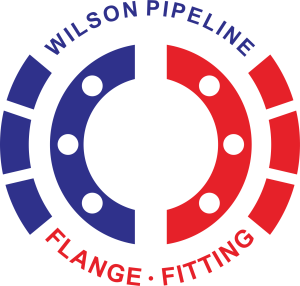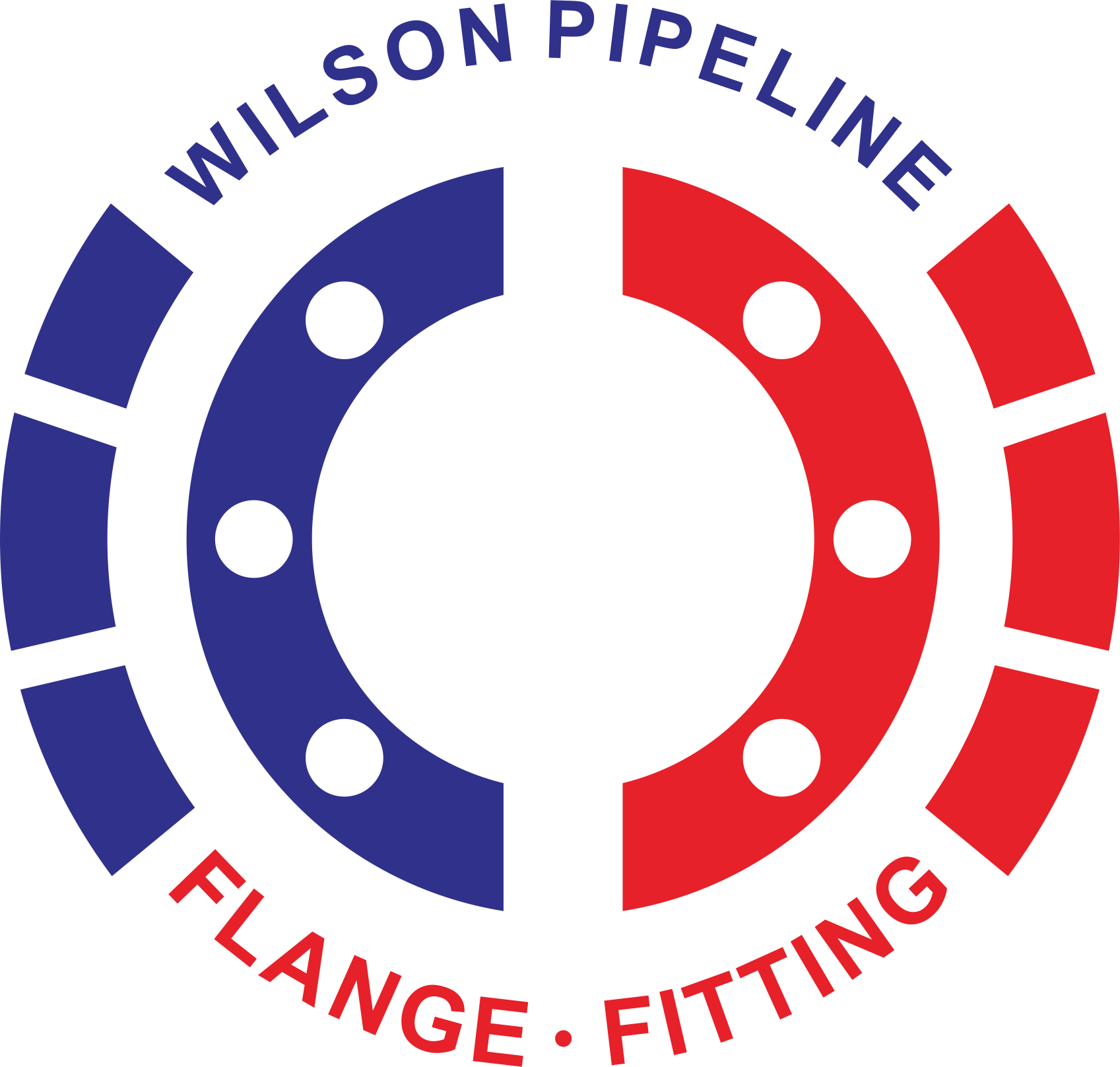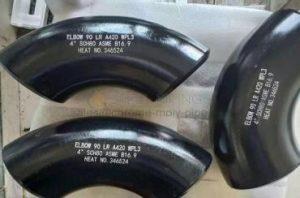
NACE MR0175: Ensuring Material Integrity in Sour Oilfield Environments
In the oil and gas industry, maintaining the integrity of equipment and materials is of paramount importance to ensure safe and efficient operations. The presence of hydrogen sulfide (H2S) in sour oilfield environments poses significant challenges due to its corrosive nature. To address these challenges, NACE International developed the NACE MR0175 standard. Also known as “Materials for Sulfide Stress Cracking and Stress Corrosion Cracking Resistance in Sour Oilfield Environments,” this standard provides comprehensive guidelines for material selection, qualification, and application in such environments.
Understanding NACE MR0175:
NACE MR0175 serves as a crucial reference for oil and gas operators, engineers, and material suppliers involved in sour oilfield operations. Its primary objective is to prevent two significant forms of corrosion: sulfide stress cracking (SSC) and stress corrosion cracking (SCC). These corrosion mechanisms can lead to sudden and catastrophic failures, jeopardizing safety, operational continuity, and environmental protection.
Material Selection and Qualification:
One of the key aspects of NACE MR0175 is the selection and qualification of materials. The standard provides a list of materials suitable for environments containing H2S, including carbon and low-alloy steels, stainless steels, nickel alloys, and corrosion-resistant alloys. It outlines requirements for material properties, heat treatment, hardness limits, and chemical composition to ensure resistance to SSC and SCC. By adhering to these guidelines, companies can choose materials that are better suited to withstand the corrosive conditions prevalent in sour oilfield environments.
Welding and Fabrication Practices:
NACE MR0175 also addresses welding and fabrication practices to maintain material integrity. It provides recommendations for welding procedures, pre- and post-weld heat treatments, and filler materials. Proper welding and fabrication techniques help minimize the risks of introducing defects and maintaining the desired material properties, ensuring the longevity and reliability of equipment.
Environmental Control Measures:
Controlling the environment in sour oilfield operations is critical to mitigate the risks of corrosion. NACE MR0175 emphasizes the importance of environmental control measures, including monitoring and controlling H2S concentrations, pH levels, water content, and other corrosive agents. Implementing these measures helps minimize the exposure of materials to corrosive conditions, reducing the likelihood of SSC and SCC occurrences.
Consequences of Non-Compliance:
Failure to adhere to the guidelines outlined in NACE MR0175 can have severe consequences. It can lead to increased risks of equipment failures, safety hazards for personnel, operational disruptions, and financial losses. Non-compliance may also result in regulatory penalties, reputational damage, and compromised relationships with stakeholders.
Conclusion:
NACE MR0175 plays a crucial role in ensuring the integrity and reliability of materials used in sour oilfield environments. By following its guidelines for material selection, qualification, welding practices, and environmental control, oil and gas operators can mitigate the risks of sulfide stress cracking and stress corrosion cracking. Compliance with this standard not only enhances safety but also promotes operational efficiency, environmental stewardship, and the overall sustainability of the industry. NACE MR0175 continues to be a valuable resource, guiding industry professionals in their efforts to combat corrosion and maintain the integrity of equipment in challenging oilfield environments.

